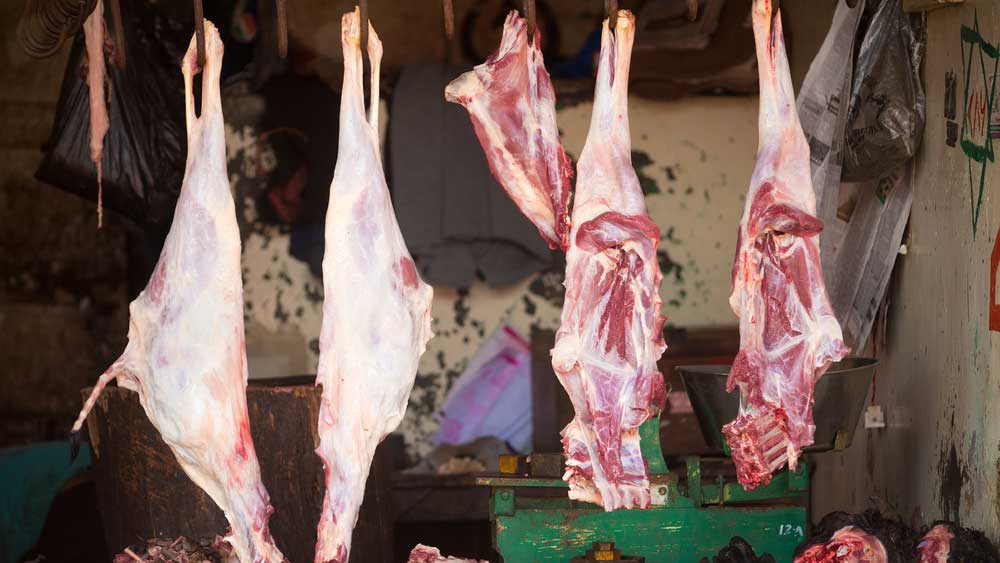The announcement by the state unit chief of the Bharatiya Janata Party in Gujarat, C.R. Paatil, that there is no ban on the consumption and sale of meat and that people have the right to eat what they want is welcome. Mr Paatil’s statement assumes significance in the light of civic bodies in Vadodara, Rajkot, Bhavnagar and Junagadh — the BJP runs the show in each of these — ordering a crackdown on roadside food carts and stalls selling non-vegetarian food. The reasons for the intervention ranged from the bogey of ‘hurting religious sentiments of Hindus’ to — quite absurdly — meat ‘leaving a negative impact on the minds of children’. No government has the moral right to tutor citizens on their personal choices, an intrusion that the BJP is synonymous with. It remains to be seen whether the BJP’s new-found admiration for personal autonomy lasts a while. This is because the party is notorious for its double-facedness. In the Northeast or in Goa, where meat-eating is integral to cuisine and culture, the BJP — it runs governments in these states often with alliance partners — has not had the nerve to impose vegetarianism even though it is guilty of endorsing vigilantes who lynch citizens — Muslims, Dalits and tribals — in other parts of the country accusing them, often without evidence, of cow slaughter.
The apparent change of heart in Gujarat is not innocent. The victims of the purge against meat-eating are likely to include other backward classes and migrants who, along with scheduled tribes and Muslims, form a formidable meat-eating bloc of the electorate. The BJP cannot afford to disenchant the OBCs in particular since much of its formula of electoral success is based on the party’s outreach to this constituency. Worse, there may be a ripple effect of the crackdown in Gujarat in poll-bound Uttar Pradesh, which, too, has a sizable non-vegetarian population. What merits examination in this context is the packaging of Gujarat, where the BJP has been in power for over two decades, as an abode of vegetarianism. A prominent segment of the state’s population — STs (15 per cent), SCs (7.5 per cent), Muslim (10 per cent) and OBCs (nearly 50 per cent) — does not share the aversion to meat. Yet, State policy encourages — imposes — vegetarianism. This may be because the levers of power are disproportionately concentrated in the hands of communities whose cultural sensibilities abhor flesh-eating. The taste of a handful cannot be allowed to alter the culinary freedom of others in a functioning democracy.











